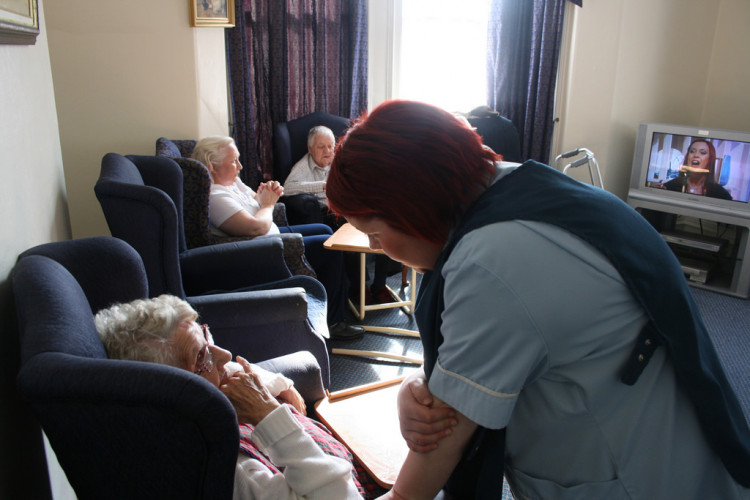Dementia often targets elders, but even younger ones can experience the symptoms at an early age. There are many signs that you could have been having the disease like memory loss, confusion, and inability to perform everyday activities, but there are ways to avoid the risk. But although sufferers frequently forget their recollections, there are instances that they can clearly remember past events and even mix their memories to fictional occurrences.
According to the South China Morning Post, people with dementia can easily imagine events that did or didn't occur. It makes them mix real happenings to fictional occurrences that can make people around them confuse if it is real or not.
Recent memories are said to be the ones that quickly fading, while the older ones are staying very clear. From the looks of it, brain damage is making it harder for people with dementia to store new memories. It is making their ability to remember where they get the information in their minds weakened and to determine if it actually happened or just a figment of their imagination.
People in their 60s and 70s are at higher risk to experience false memories than younger ones. But even if you're young, you can still experience memory loss. It can be corrupted and change a little every time you try to retrieve and think of it, and things may become worse with age and dementia.
The memory and other types of thinking ability are at a peak at the age of late 20s. Research also says that people over 65 often have false memories, only that they are not aware of it.
The most common form of dementia is Alzheimer's disease. This illness causes a "progressive decline" in brain health, per SBS. Thirty percent of people aged over 85 have dementia. Genetic influences are also one of the factors in having the disease, but it is only stronger for rarer types. Although people can't stop aging and changing the genetic profile, there are some ways that can help to alleviate having dementia.
You can engage in mentally stimulating activities to strengthen your brain. You can try reading newspapers or books, playing card games, or even learn a new language to exercise your brain.
You should also maintain social contacts like talking and visiting friends or relatives. This activity has been linked to lower the risk of dementia. Loneliness or being often alone, alternatively, may increase the risk.
Managing your heart health and weight also help reduce the risk of dementia. There is a strong link between heart and brain, so by having proper diet and exercise can not only make you physically healthy but your mind, too.
These practices don't mean that you will not develop dementia. It only means that lifestyle change can help you reduce the risk of having it, and fewer people will get affected.






